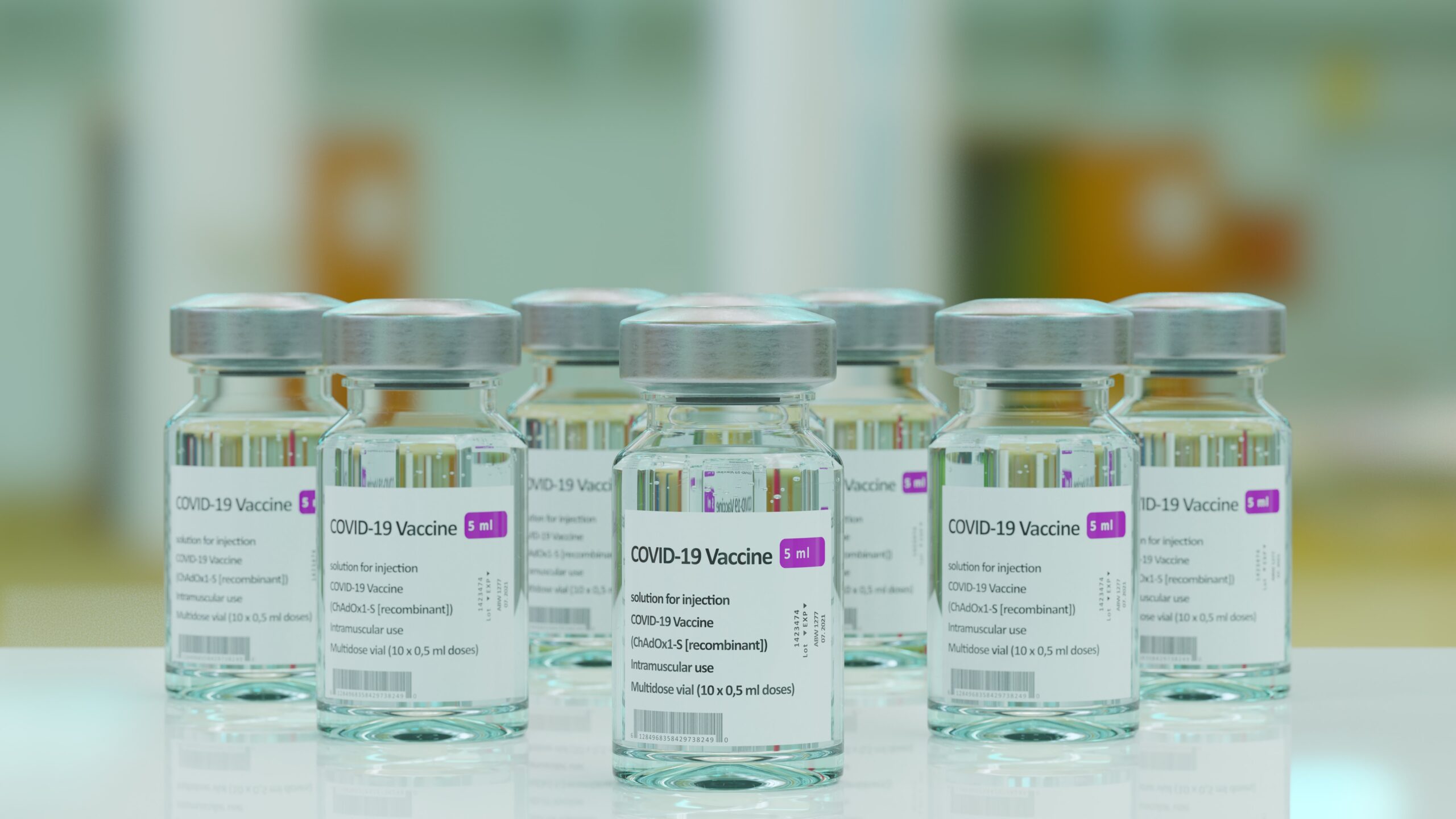When the novel coronavirus took the world by storm, the hope of developing a vaccine seemed like a dream way beyond reach. Come 2021 and possible vaccines have been approved to be given to develop immunity and prepare for worsening variants.
But what does Islam say about vaccination?
Vaccination or immunization makes one’s body immunized as it produces antibodies – cells that fight disease. The vaccine is essentially either dead virus cells or weakened cells that are introduced in small quantities into the body through the skin. The body then responds to the weakened intruder and produces antibodies to fight them. Since the body has come in contact with the disease, it will remember it for future attacks, in case a live pathogen breaks through the body’s immune system, preparing antibodies becomes that much easier. Essentially, it immunizes the body against a specific pathogen without actually introducing the disease.
Islamically, the ruling on immunization depends on the ruling on the substances used in it and the effect it has. There are 4 categories to understand this.
- Substances that is permissible to use and have beneficial effects
The ruling is that since the base substance is already permissible and it has beneficial effects, it is a blessing from Allah and this medical advancement has stopped the spread of many epidemics. This category includes base substances derived from bacteria and viruses. So they come under seeking medical treatment which the Prophet (S) said to seek.
- Substances that is permissible but it causes more harm than good to the body or is of no benefit at all
These types of vaccines are undoubtedly not permissible as they fall under the category of self-harm – by consuming harmful food or drink or medicine and so on.
- A substance that was originally haram or impure but has been chemically altered or changed in name and quality to a permissible substance and has a beneficial effect
There are two opinions of the four schools of thought on this matter – one that it does not become pure (Shafii and one of the two views of the school of Malik), the other that it does become pure (Abu Hanifa and Malik) and is one of the two opinions narrated from Ahmed. The predominant view is that it becomes pure because the transformed substance is not referred to prohibited, explicitly or implicitly. They are not Haram and come under the category of all that is agreed to be Halal.
- Substance that is harmful or haram or the effects of which are not certain or there is a difference of opinion among doctors and specialists to whether or not it is beneficial
The opinion is that it is not permissible to take these vaccinations because of the risk of exposing oneself to death and disease as its effects are not clearly outlined.
Shaykh Sa‘d ibn Naasir al-Shathri said on the matter “One of the issues having to do with epidemics and contagious diseases is the ruling on taking vaccinations that are given to protect against these diseases. We say that the vaccinations are of two types:
- Mentioned above
- Vaccination against contagious diseases where there is no certainty of its effect and it is not yet known from experience, or the doctors differ concerning it and there is nothing to base one’s judgment on and there was no medical opinion that seems to be more correct than others. In that case, the basic principle is that it should not be taken and it is not permissible, because there is no certainty that it will have the effect of protecting against disease, but we are certain that it is harmful and that it is damaging to physical well-being, and we cannot be certain that its benefits outweigh its harms. Therefore we disallow it because we do not allow doing anything unless its benefits outweigh its harms. If we are not sure about that then the basic principle is that it is disallowed, i.e., if we are certain that a particular action is harmful and that the benefit that may result from this action is not proven, then in this case it is disallowed.”
References
https://islamqa.info/en/answers/20276/ruling-on-childhood-immunizations-and-vaccinations
https://www.mayoclinic.org/diseases-conditions/coronavirus/in-depth/coronavirus-vaccine/art-20484859
Related













































